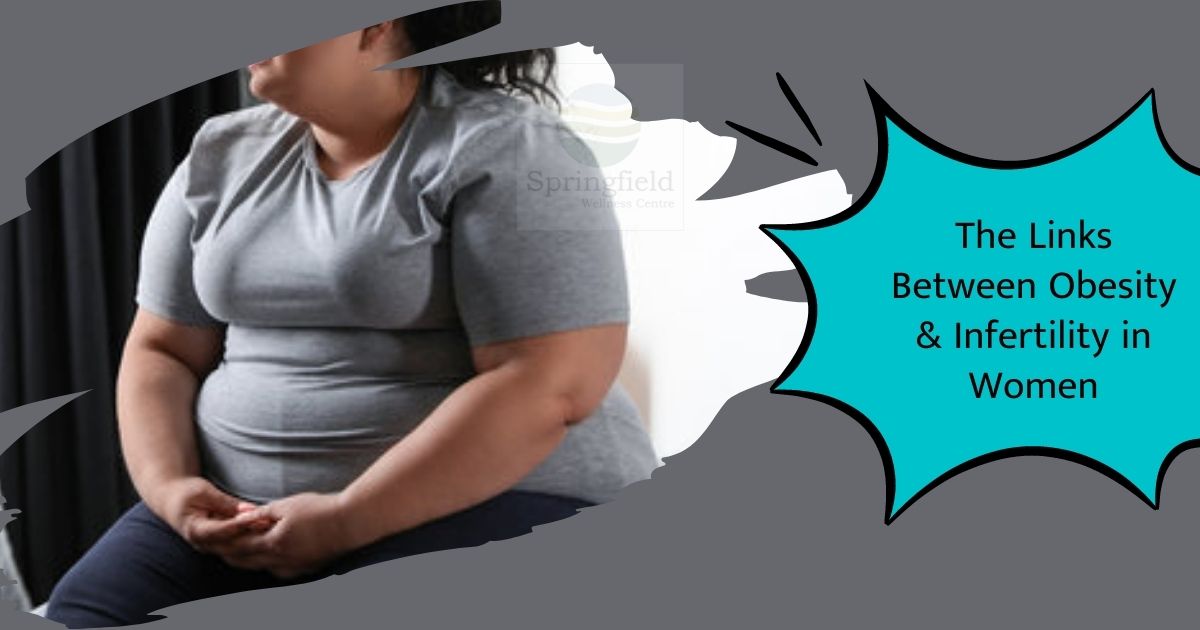The Links Between Obesity and Infertility in Women
The number of obese women is steadily rising in the world and India is no exception to this problem. The proportion of Indians who fall under the category of overweight or obese is at an all-time high. WHO has recognized obesity as a disease and it will not be a mistake to call it a pandemic. One of the fall-outs of being obese is the higher probability of infertility. Though it affects both men and women, this article discusses the links between obesity and infertility in women. Keep reading.
Links between Obesity and Infertility in Women
- Menstrual cycle is regulated by a fine hormonal balance. Fatty tissues in the body produce a hormone called leptin. Quite naturally, in overweight and obese women higher levels of leptin are produced. This hormone interrupts the hormonal balance thereby affecting the regularity of the menstrual cycle. When the menstrual cycle is not regular, the probability of infertility is higher and that is what happens as a result of higher leptin levels.
- Excess abdominal fat is also linked to insulin resistance. This condition happens when a glucose level increase in the blood could not be brought down by the insulin. Decreased levels of sex hormones (estrogen and progesterone in females) and insulin resistance are said to be linked. The conditions produced as a result of this insulin resistance are medically termed hyperandrogenism and hyperestrogenism. These conditions without any doubt cause irregular menstrual cycles.
- The adipose tissue also produces compounds like free fatty acids (FFA) and cytokines. These may also affect both ovarian and endometrium functions along with leptin.
- All the above factors contribute to irregular menstrual cycles. Various studies conducted in many countries have clearly established the link between irregular menstrual cycles and infertility in women. These studies have clearly pointed to the fact that obese women were less likely to conceive within one year if they stopped having contraception.
- Irregular menstruation can increase the probability of a condition called anovulation where there is no egg released by the ovaries. So this nonovulation condition is specifically higher in women whose BMI is above 27.
- Though many obese women ovulate, the quality of the eggs they ovulate has been found to be considerably reduced. Statistically speaking, a woman with a BMI of 35 has a 26% lower chance of getting pregnant within a year of stopping to have contraception. Similarly, a woman with a BMI of 40 has 43% fewer chances of conceiving within a year of stopping their contraception.
- The same is true when it comes to obese women who are trying to conceive using IVF methods. Data says that the chance of live birth with IVF is reduced by 9% in women who are overweight. In obese women, this chance is further reduced to 20%.
Weight loss is able to restore fertility in most women who are overweight or obese. Increasing physical activities and diet can contribute to weight loss in overweight and obese women. But for women who are severely obese and are aspiring to be mothers, weight loss through bariatric surgery will be the best viable option and is indeed a boon.

